Profile: Jeff Kenney
When and where did your career in the fluid power industry start, and how was it a stepping stone to where you are today?
My career started 1988 in the United States Navy working on underway replenishment equipment onboard the USS Pyro, an ammunition supply ship. The Navy had excellent hydraulic technical schools and I was fortunate to have good leaders around me, so the experience was a great one. That experience taught me how to use my brain and think outside the box to make repairs to equipment while out at sea to ensure the ship made its commitments. That training and experience qualified me for a position as a hydraulic mechanic with Coastal Hydraulics after I left the Navy. After a few years learning from the experts at Coastal, I assumed responsibility for all the hydraulic mechanics and machinists when I was promoted to director of operations. That opportunity led to my most recent promotion in 2007 to president and CEO.
What is the most memorable moment in your fluid power career, and what did it teach you?
My most memorable moment was the first time a customer personally thanked me for helping to keep his manufacturing plant up and running. I learned that I could utilize the fluid power industry and make a difference in others’ lives no matter how menial the task at hand seemed. Every job deserves quality.
What do you feel is the most important achievement in the fluid power industry?
The certification process. It helps maintain the level of expertise and professionalism we will require to compete and be successful in an unstable economy.
How and why did you get involved in the IFPS?
By becoming a certified professional in the fluid power industry, I’ve gotten a personal feeling of accomplishment by becoming certified and by becoming a member in a great organization that clearly supports my professional advancement. There is also a competitive advantage for Coastal Hydraulics and me.
Why do you feel the IFPS is important?
It is important to have an industry body that works hard to maintain the credibility, integrity, and professionalism of those working in the profession, and in my belief, the IFPS does just that. I encourage all my employees to become members of the IFPS and to become certified in one aspect of the fluid power industry. I believe in the full process of education: you get a book or course of study; you read, learn, and study to take an exam; and then you take that exam and pass. The whole process of learning and the opportunity to be in a network as large as the IFPS with its many advantages for someone wanting a career in the fluid power industry makes joining the IFPS an easy job to do!
What have you personally gained by being a part of IFPS, and how has it helped your career?
I find it encouraging being able to network with peers and have access to answers to technical questions that arise every day. The personal satisfaction of achieving certification/certifications is a huge confidence builder to not only me, but also to the entire team. It has helped us as individuals and as team members to go into jobs with the confidence to know we are capable of succeeding. It undoubtably sets us apart from other companies that do similar work.
Where do you see the fluid power industry heading in the next 10 years?
Going green for the mobile side of hydraulics will prove to be a great addition, in my opinion. The hydraulic-hybrid vehicles being tested and innovated for the refuge, construction, mining, and delivery vehicles will be well sought after in those industries. I would also remain hopeful that the industrial side of the hydraulic industry would be poised to grow with American manufacturing hopefully returning to America. It needs to happen.

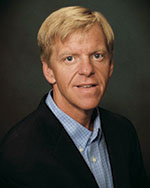
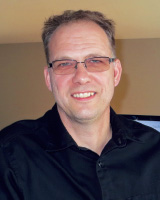
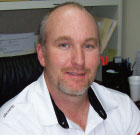

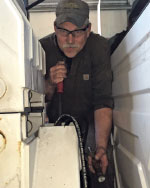
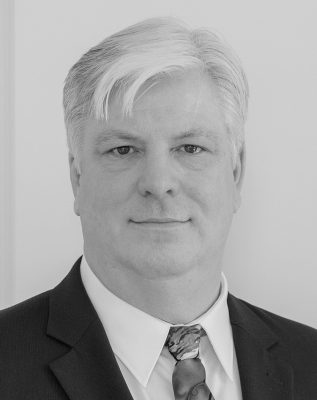


death date